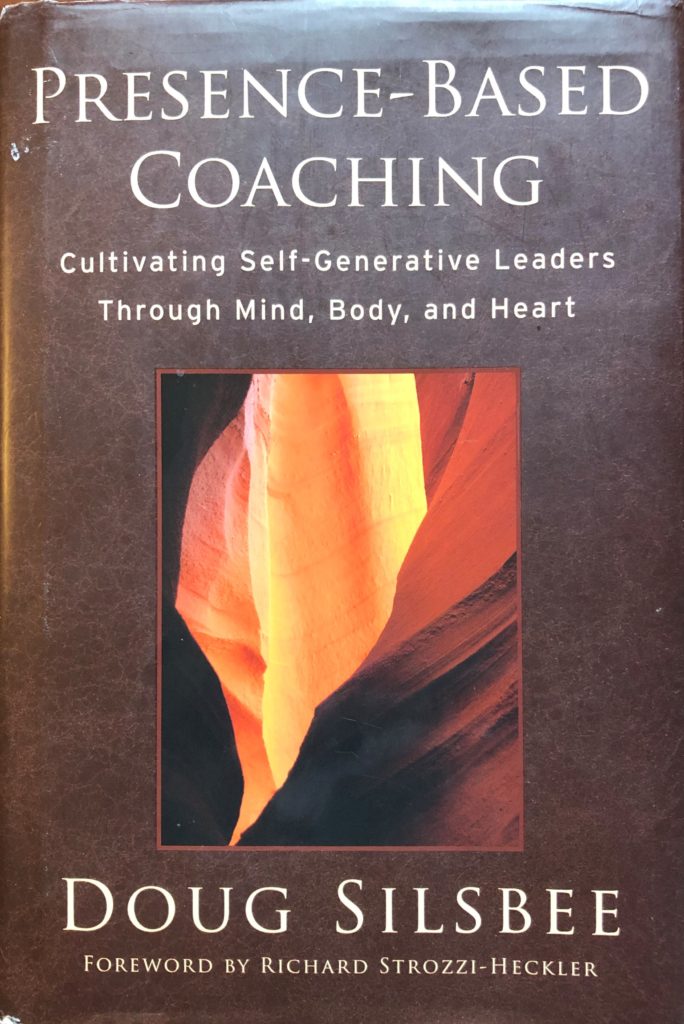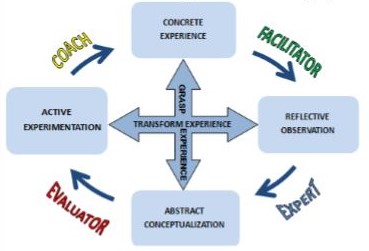As I look ahead, I know I will once again teach and enjoy the company of my students and colleagues in the future. But what it will look like, or sound like, I do not know. I do know that it will not be the same.
I am not the same.
My students are not the same.
Music Education has forever changed.
I have decided not to accept the new normal (whatever that means) and trust what musicians and some educators have done for centuries when confronted with challenges: explore new boundaries, examine possibilities, and reimagine our instruction. We are apart now, and we may need to be for a while. But when we return, we can become better people and stronger teachers for our students.
Exploring New Boundaries
Exploring new boundaries is what we must do and are now doing through distance learning. These boundaries are both restrictive and freeing – quite the paradox. My students can no longer physically sing together, but they have come to realize how much they miss each other and miss connecting through the musical environment. For now, we are learning how to connect and grow through the online medium – not an easy task! My students and I are now fluent in Zoom, Google Meet, Google Classroom, Google Forms, and Google Sheets, Flipgrid, WeVideo, and other useful Online Resources.
Are these valuable tools? Most definitely.
Will I use them in the future? Absolutely.
Will they define my program and become my new normal? Nope.
Examining Possibilities
In my Leading Voices blog, Self-Generation, I discussed the work of Doug Silsbee and his book Presence-Based Coaching. Silsbee describes his four-step process of Self-Observation, Realization, Reorganization, and Stabilization that allows us in a non-judgmental way to discover, label, choose and initiate new responses in teaching (Silsbee, 2008, p. 51-55). This information is vital as we navigate through distance learning and strive to stabilize, maintain, and possibly strengthen our instruction. Maybe in the past, we settled into a pattern of teaching that worked well for that specific time and place, but now, it no longer meets our needs of our students.

Silsbee’s’ four-step process below takes some time and practice, but I assure you, it will strengthen your relationships with your students and colleagues and transform your teaching. More than ever, this is especially important as we learn to adapt and create new online musical experiences for our students.
- Self-Observation – Observe yourself (or your assignments) in action with no judgment.
- Realization – Become aware and label your habits.
- Reorganization – Notice the habit when it occurs and be aware of another possible choice.
- Stabilization – Integrate this new choice into your teaching.
Reimagining Instruction
Another way for us to uncover our habits and reimagine instruction is to take the Kolb Educator Role Profile (KERP). Kolb and Kolb (2017) found through their research that successful teachers tend to teach around the Experiential Learning Cycle as they organize their activities in such a way that they address the four learning modes of experiencing, reflecting, thinking, and acting.

The KERP is an extremely beneficial tool that illustrates how student learning can be maximized as teachers teach around the Experiential Learning Cycle. This instrument is specifically designed to help teachers identify their instructional tendencies and how to shift between the roles of the Facilitator, Expert, Evaluator, and Coach. This awareness of instructional tendencies allows us the opportunity to look at distance learning through the lens of curiosity and possibilities.
After taking the Kolb Educator Role Profile, I found my results to be very revealing: Coach – 38%, Facilitator – 28%, Expert – 6% (Interesting – why so low? ), and Standard Setter and Evaluator – 28%. I am looking forward to returning to school and seeing if, how, and when I shift between these four roles. I wonder if my students will be aware of these shifts, and if so, will they then learn and respond differently?
Conclusion: Reimagining & Improving Instruction
Even though we are not presently teaching in the classroom, this is an excellent time to explore and reflect upon our past and current teaching habits and preferences. The awareness of our instructional practices, teaching styles, and methodology preferences is the foundation for pedagogy.
Since we are being forced to present and implement new music instruction through social isolation and with challenging limitations, let us look for the hidden opportunities and grow as a profession. As I begin to reimagine the future of Music Education instruction, I am reminded of a quote by Jerome Bruner:
“Pedagogy is never innocent. It is a medium that carries its own message.”
(Bruner,1997, p.63)
How do I actively engage students in lifelong music learning and participation?
- By becoming aware of my teaching and instructional habits in the classroom.
- By teaching, thinking, questioning, and searching out loud.
- By Reimagining Music Instruction
References:
Bruner, Jerome Seymour. The Culture of Education. Cambridge, MA: Harvard University Press, 1997.
Kolb, Alice, and David A. Kolb. The Experiential Educator: Principles and Practices of Experiential Learning.
Kolb, D. A. (1984). Experiential learning: Experience as the source of learning and development (Vol. 1). Englewood Cliffs, NJ: Prentice-Hall.
Silsbee, Douglas K., and Richard Strozzi-Heckler. Presence-Based Coaching: Cultivating Self-Generative Leaders through Mind, Body, and Heart. San Francisco, CA: Jossey-Bass, 2008.


Leave a Reply
You must be logged in to post a comment.